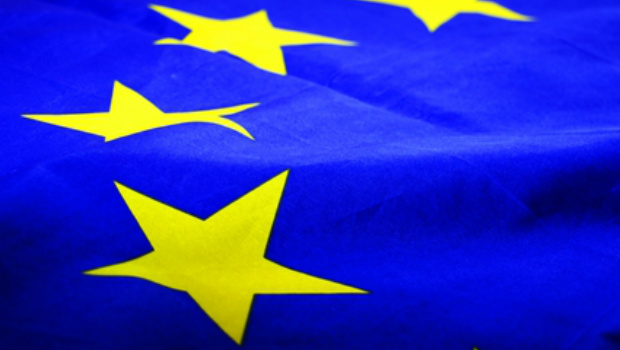As expected, European Union regulators have approved Microsoft’s $7.4 billion acquisition of Nokia’s devices and services business.
Antitrust officials with the European Commission, the Brussels-based antitrust agency, said it would not object to the deal as there were “only modest overlaps” between the two companies, and believed that the acquisition was “unlikely to lead to competitors being shut out from the market”.
“We look forward to the date when our partners at Nokia will become members of the Microsoft family, and are pleased that the European Commission has cleared the deal without conditions,” a Microsoft spokesperson said in an e-mail.
The EU’s approval followed that of the US Department of Justice’s two days ago, and came two weeks after Nokia’s shareholders signed off on the acquisition at an emotional meeting in Helsinki.
Microsoft announced the acquisition of Nokia’s devices and services business in early September, when it said it would pay the Finnish firm a total of €5.4 billion, including €1.65 billion for a 10-year license of Nokia patents.
Analysts contended that the purchase was a defensive move to keep the phone maker – which sells the bulk of the world’s smartphones powered by Microsoft’s Windows Phone operating system – from going under or falling into the hands of an Android-first rival like Samsung or LG.
Nokia under Microsoft’s watch does not change the competitive landscape, said EU regulators, who argued that “several strong rivals… will continue to compete with the merged entity.”
The Commission also dismissed concerns that Microsoft would wield its Windows Phone operating system as a club, pointing out that it will be in the company’s best interest to not restrict the OS to Nokia.
“Indeed, Microsoft’s share in the mobile OS market is limited,” the EU said in a statement. “Moreover, to better compete with the leading Android and Apple OS platforms, Microsoft likely needs to continue relying on third-party device suppliers to broaden consumer adoption and attract mobile app developers.”
Ironically, the EU also argued that Microsoft would be unlikely to limit availability of its own mobile apps – officials cited Office and Skype by name – to mobile device rivals, something the firm, in fact, does with Office. Although Microsoft’s outgoing CEO Steve Ballmer has promised that Office would reach Apple’s iPad at some future point, neither he or any other executive has detailed a timeline.
The EU sidestepped Microsoft’s no-Office-on-iPad policy by focusing only on competitors that would be likely to use Windows Phone. “Since Office apps are currently not available on tablets running third party OSs, a potential supply restriction would be limited to other tablet suppliers using Microsoft’s Windows OSes. However, this strategy would hamper Microsoft’s interest to attract more app developers and ultimately users to its OSes for smart mobile devices,” the EU said.
Microsoft has said it expected to finalise the Nokia acquisition in early 2014.
This article originally appeared on Computerworld.com







Subscribers 0
Fans 0
Followers 0
Followers